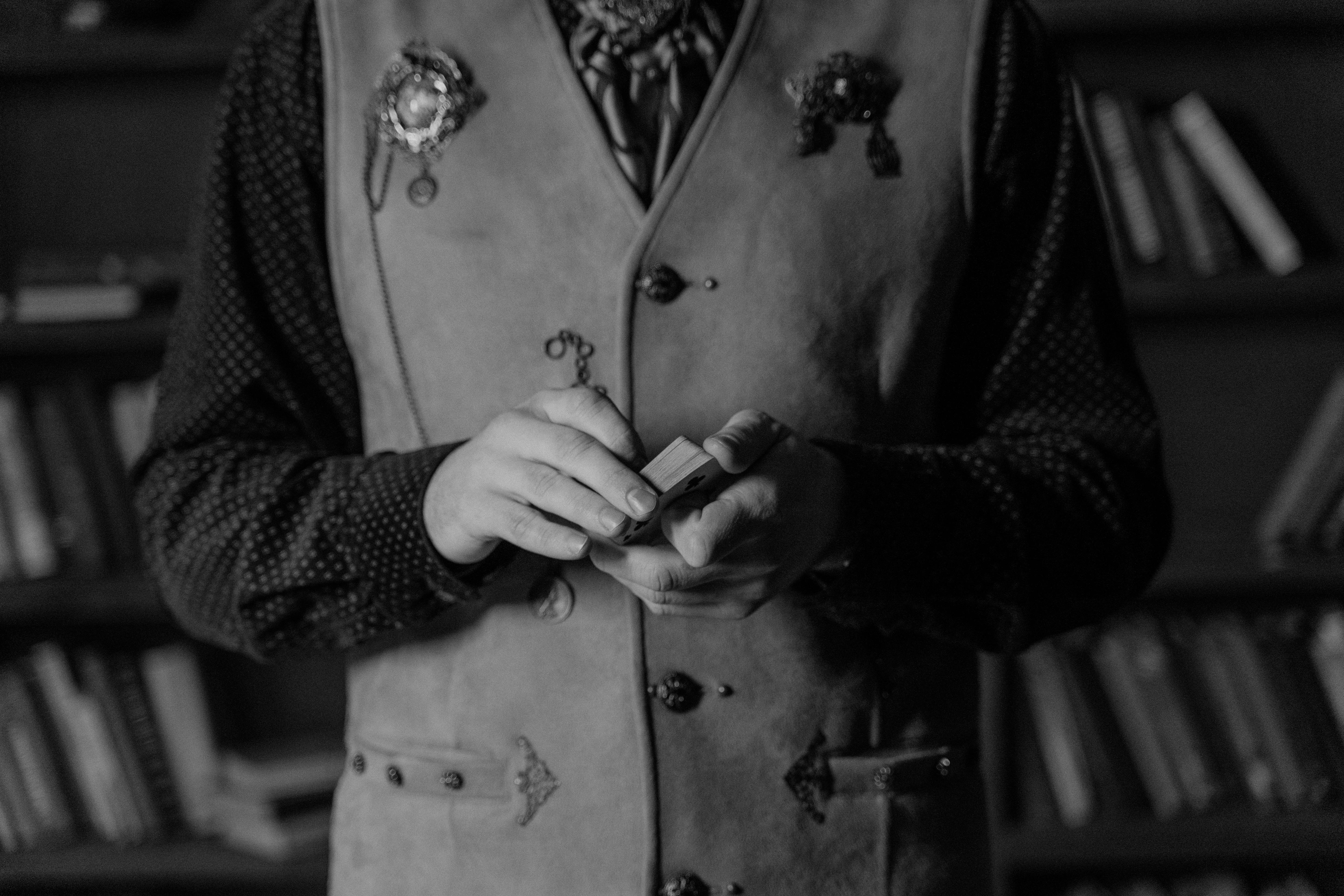Wondering if the pain will ever end every time you think of your deceased loved one? Is there anything you can do to lessen the horror of the nightmare you are experiencing? Are you thinking about what the future will be like without him or her? These questions are just the tip of the iceberg when it comes to coping with the death of a loved one.
Many more questions need to be addressed and you, in the final analysis, must make decisions based on what you believe to be true and the information you have at hand. The latter is often a major problem, as much of the education about loss and change is based on pure guesswork and the example of poor adult models of grief.
Here are six pieces of information that can reduce some of your pain and suffering as you make the inevitable decisions imposed by loss.
1. All those feelings that haunt you are conditions of existence, part of the price we pay to love. Although you may feel like you are “going crazy,” despair, devastation, shame, guilt, failure, depression, confusion, or a host of other feelings are common and, in many cases, to be expected. Don’t berate yourself or be embarrassed by the way you feel and / or act. This is the grieving process that unfolds pure and simple, a world that everyone deals with at some point.
2. We need each other. You don’t have to “be strong” as many of us were taught. Let others hear what is happening inside you. Be specific. Let your friends and neighbors share your grief and do some of the tasks that you would normally do. Save your energy for your grieving work; it takes a lot. And don’t forget, it’s not uncommon for some friends you thought would help a lot to walk away. Don’t stop there; that is not worth it.
3. You have to do it or it won’t be done. You and only you must make the decisions, the movements and the intentions to accept this dark night of the soul, let it unfold and learn from it. Recognize that you cannot fix it right away; that is the terrible reality that must be faced. Give in to the process and know that you must face the pain, don’t try to run away from it. However, you need to take a break and divert your attention from it. But refuse to avoid it indefinitely, because it will manifest itself in ways that delay a healthy adjustment.
4. Love is the way out. Now wait a minute you are thinking; What does love have to do with it? First, it is the reason you are grieving. And paradoxically, your commitment to be even more loving is guaranteed to lessen your pain and strengthen the way you feel about yourself.
Never back down from loving; doing so will ultimately add to your grieving work. When you give love, you get it back. It revitalizes life, feeds our visions, even though the pain remains with us. Yes, you can love and cry in the same frame. Love makes you come out of yourself and is a hidden healer.
5. Feed your spiritual life. What do we understand by spirit? That part of the deep inner self that deals with the meaning and mystery of life and death, as well as a relationship with something greater than the self. By nurturing your spiritual life (in your individual way), you may very well find meaning in the death of your loved one, which is a quest that we all have to do. Moving to your spiritual side will help you in the changes you will face as a person and as part of your family.
And don’t minimize the power of gratitude, appreciation, and kindness to play an important role in coping with your great loss, if you explore and practice them. Try staying in a state of gratitude for a few minutes and see what it does for you; This is all part of her spirituality as much as watching a sunrise, holding a newborn, taking a mini vacation in her imagination or spending an evening star gazing.
6. Don’t dismiss these three words without thinking: perseverance, patience, and commitment; they make a difference and will reduce your pain and suffering. I have already said above that you are in charge of your pain and you run the ship. What does it take for a successful trip? First, believe that you must change and move on: you are not the same person. This is easy to say, but difficult to do.
Second, when you have setbacks, which are quite common, you have to get up and move on over and over again. And finally, be patient. Keep telling yourself, it will get better. I will get over this. It takes a lot longer than we are led to believe to manage our losses because we have been conditioned in an instantaneous environment of everything. If it persists, the pain will subside.
In short, the death of your loved one will mean that you will have to give up old roles and take on new ones, as well as letting go of your old world and embracing a new one. You will adopt a new identity. This is all part of your grieving work. It’s hard, sometimes daunting, and it’s essential that you give yourself permission to feel the emotions that flow through it all.
Assert yourself. Do what is right for you in this moment of transformation. Replenish. You have the inherent ability to cope with your great loss.
